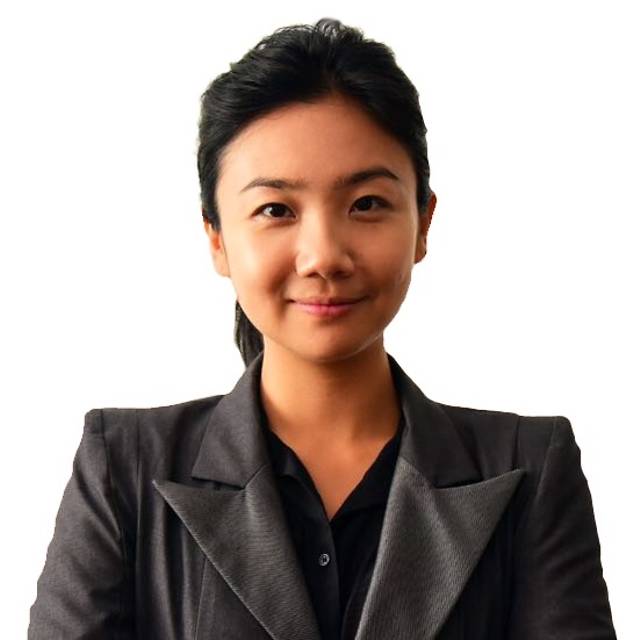Maternal depression: Lack of awareness, COVID-19 curbs compound challenges facing mothers in Thailand
Ahead of World Mental Health Day on Oct 10, CNA looks at how awareness of maternal depression and avenues to seek help are generally lacking in Thailand. And the pandemic has made the situation more challenging.
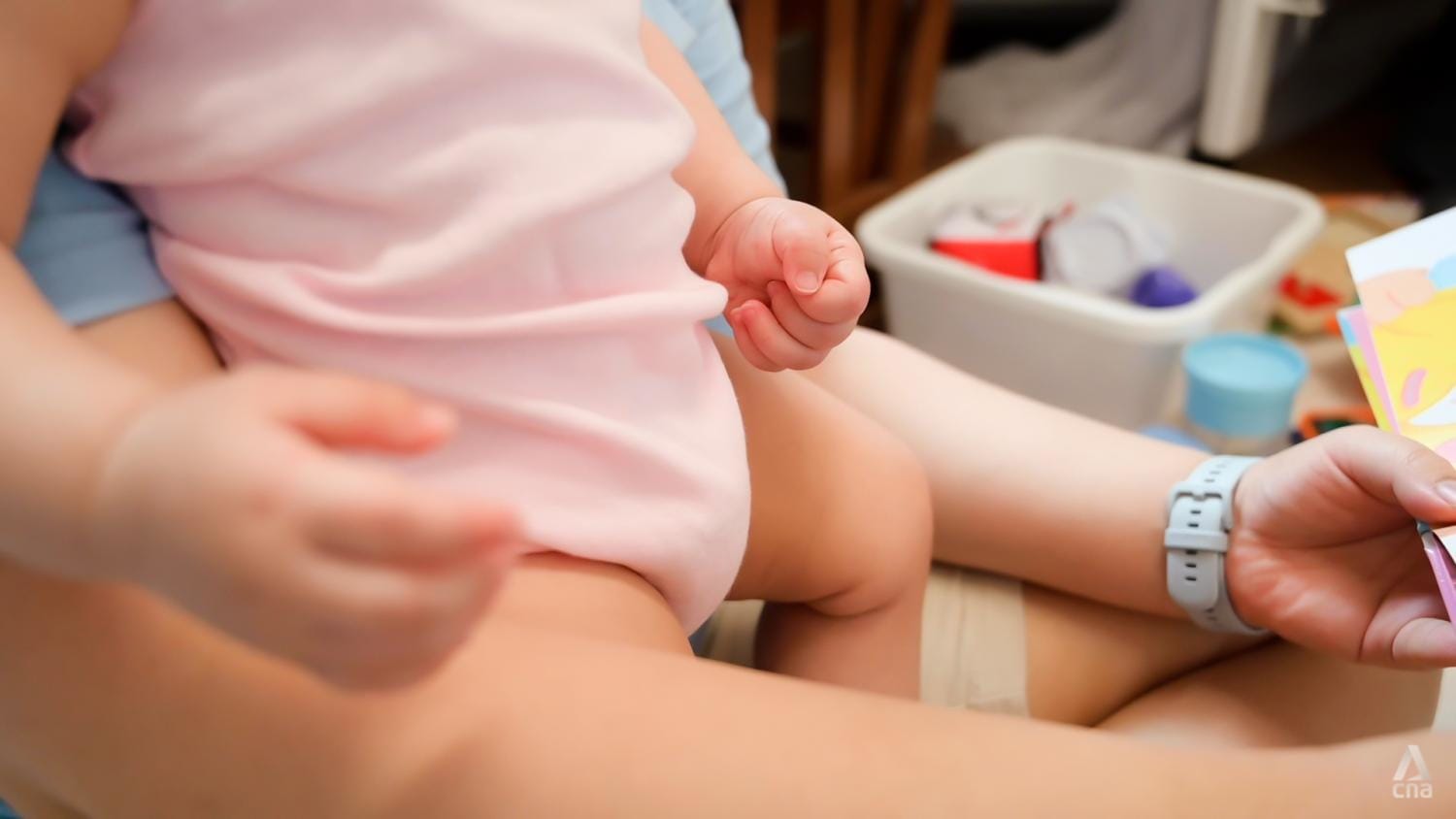
Maternal depression affects a number of women after childbirth. (Photo: CNA/Pichayada Promchertchoo)
BANGKOK: Hamish Magoffin’s apartment in central Bangkok is filled with fond memories.
Framed photographs by the front door show his beautiful family of three – him, his wife and their baby boy – sharing their happy moments.
Further in the living room, more photographs show him and his wife – Pranaiya Oulapathorn – smiling on their wedding day.
Last year, a terrible tragedy happened when Pranaiya, who had been struggling with postpartum depression (PPD), ended her life and the life of their son – Arthur.
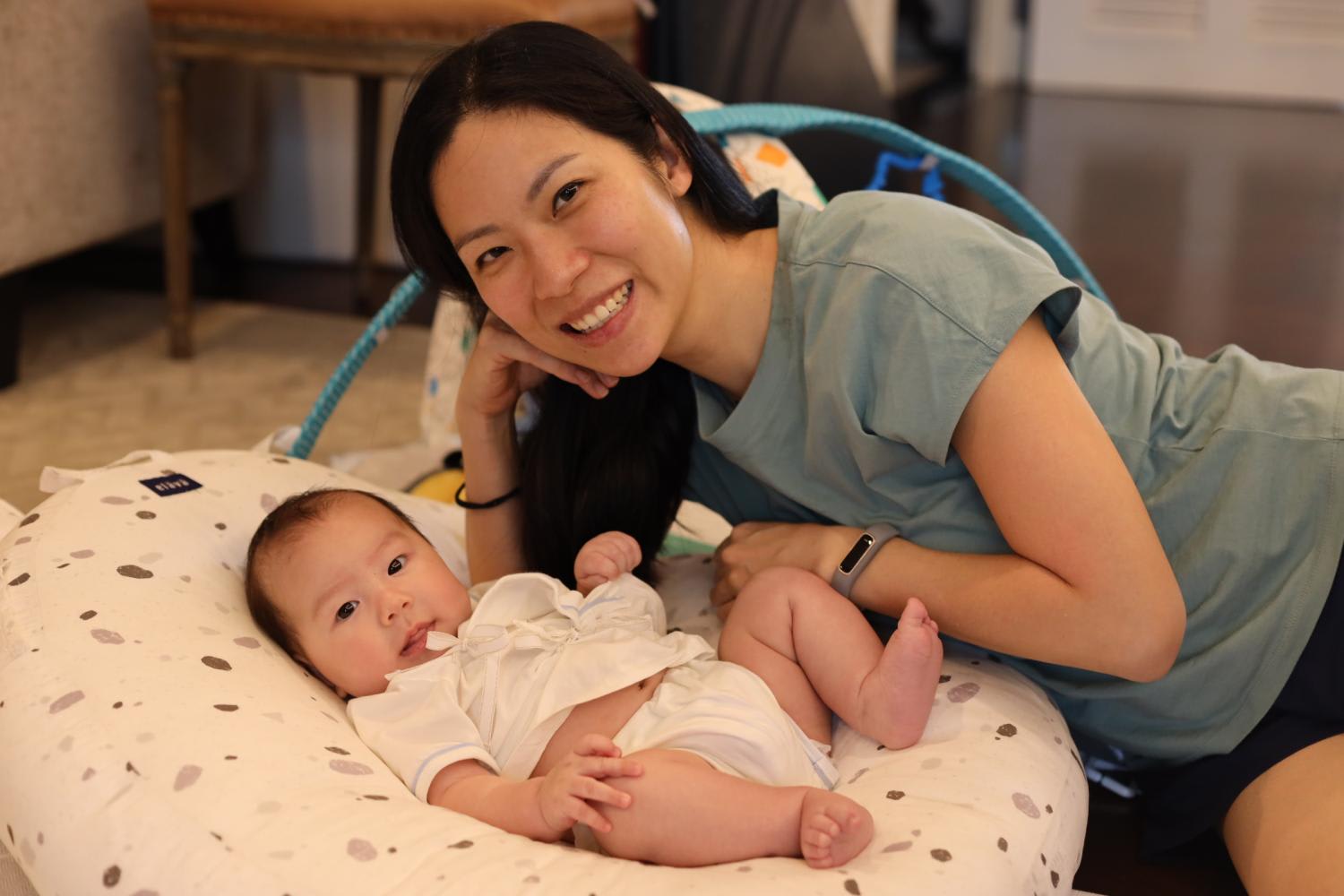
PPD is a serious mental health illness which affects women after childbirth.
Symptoms such as low mood, insomnia and severe anxiety usually develop within the first few months after delivery, sometimes even during pregnancy. In severe cases, the condition can lead to harm to the baby and suicide.
Depression and anxiety after childbirth are leading causes of disability in women around the world, according to the World Health Organization (WHO). Its findings published in March this year showed their prevalence is estimated at 13 per cent in high-income countries and 19.8 per cent in lower middle-income countries.
In 2021, Rajanukul Institute, which is under the Thai Department of Mental Health, compiled several studies on maternal depression. The studies showed a 9.5 to 25 per cent prevalence of maternal depression within the first four to six weeks after childbirth.
In Thailand, awareness about maternal depression as well as systems for screening, referral and treatment is generally lacking.
Additionally, the COVID-19 pandemic prompted movement curbs and for those struggling with PPD, this posed additional challenges.
In his Bangkok apartment, Magoffin recounted how it was difficult to get help.
“First of all, trying to get an appointment is difficult and then, there are no specialists here,” he said.
The 38-year-old from Australia met his wife at Oxford University in the UK 12 years ago before moving to Thailand to start a family. They welcomed their son in March last year and Magoffin remembered how they were “a very happy family”.
By the time Arthur was about four months old, Pranaiya had begun to exhibit high anxiety and developed insomnia. This concerned her husband, who had been warned by a friend about PPD soon after the baby was born.
He started asking around about what they should do and in mid-July, the couple decided to seek medical advice. At that time, the entire city had been placed on a COVID-19 lockdown and residents could only leave their homes in cases of emergency, work or medical visits.
The first doctor they saw ruled out postpartum depression. He said it was nothing more than high anxiety and mild depression, and prescribed medication for Pranaiya.
“From the next day, she started to deteriorate quite rapidly,” said Magoffin. His wife and child passed away less than 7 weeks later.
A COMPLEX DISORDER
Depression after childbirth is a complex disorder and researchers are still trying to understand it.
According to Yadawee Tangtrongpiros, a psychiatrist at Samitivej Hospital in Bangkok, the condition can be linked to chemical imbalances in the brain triggered by a sudden drop in hormone levels after a woman gives birth.
Its severity is divided into three types, ranging from postpartum blues to postpartum depression and postpartum psychosis.
“In case of postpartum blues, mothers will experience sadness, worry and anxiety but can still function, meaning they can take care of their babies, their home and themselves.
“But for postpartum depression, the symptoms become more severe. Mothers will experience so much sadness, insecurity and worry that different aspects of their life begin to fall apart. They won’t be able to take care of themselves or their babies.
“In severe cases, they may have thoughts of suicide and sometimes, infanticide as they fear the baby won’t be able to survive without them,” she explained.
The most extreme type is postpartum psychosis. This rare condition usually develops within the first few days after delivery and involves tinnitus, hallucinations and paranoia. Mothers may also lose their memory, believing the baby is not theirs and have suicidal thoughts.
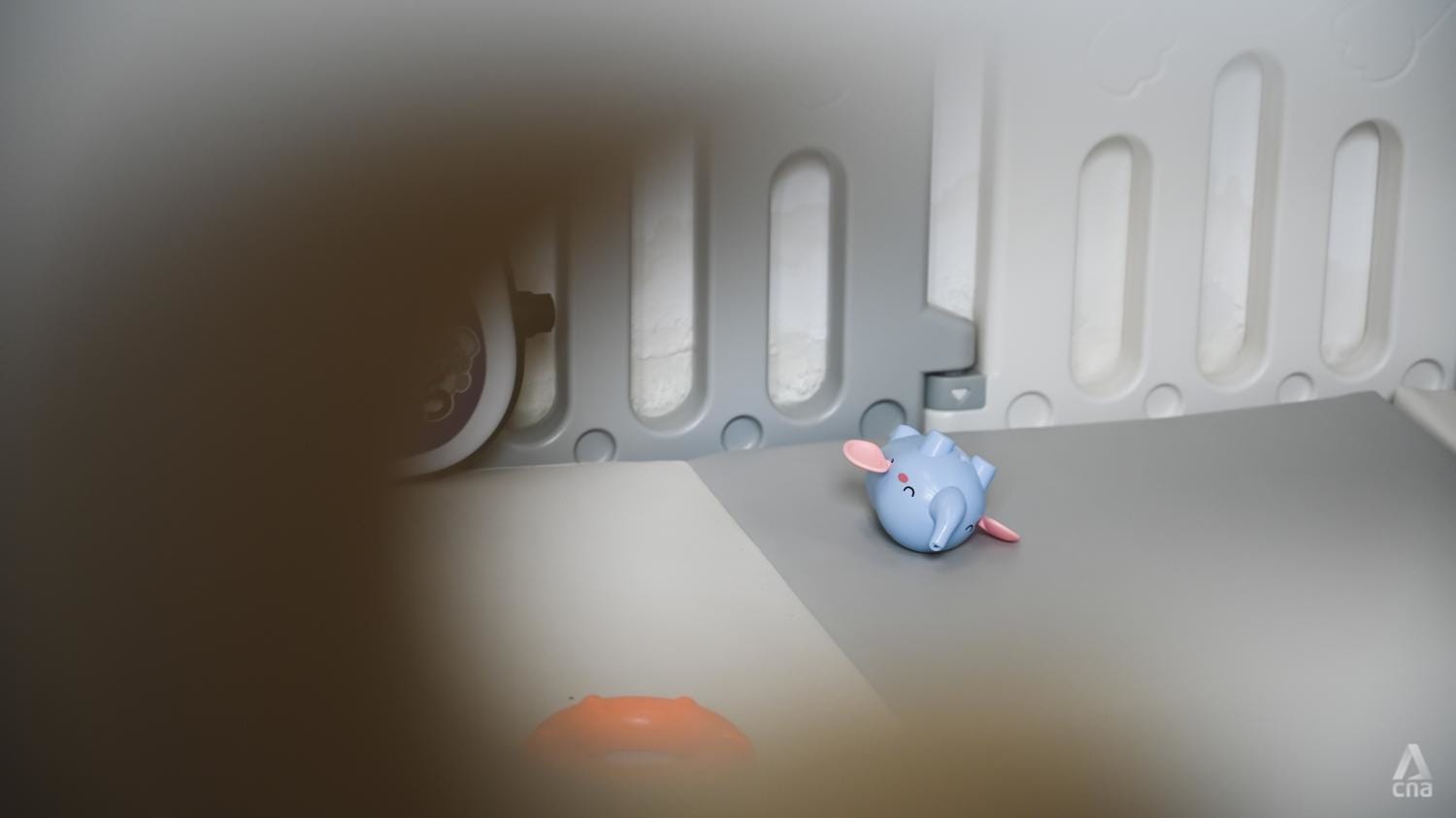
Other common signs of maternal depression include insomnia, loss of appetite and energy, crying for no reason as well as feelings of worthlessness, guilt and despair.
“Every patient suffering from postpartum depression would tell me ‘I don’t want to be depressed. I know what I’m supposed to do but I can’t control myself’. Many of them would describe their experience as ‘being possessed by something’,” said Yadawee.
Similar to epilepsy, the psychiatrist described depression as a neurological condition caused by abnormal brain chemistry.
“It’s like someone else has control over them. So their thoughts and decisions may not have come from who they really are,” she added.
Maternal depression can be treated with medication, which will help restore the normal function of the brain. The condition can also improve through drug-free treatments as well as support from family and friends.
“AM I GOOD ENOUGH AS A MOTHER?”
The 2021 study by Rajanukul Institute researchers noted that mothers with PPD are likely to feel extremely concerned about their babies’ health. Some also feel uninterested in the child or believe they are not a good mother.
Such feelings tend to develop within the first week after childbirth and may persist for a year, according to the study.
“A number of mothers do not expect to experience a low mood after giving birth due to a social expectation that once a baby is born, the family will be happy. In reality, however, adapting to motherhood tends to be complicated and various factors can arouse a depressed mood,” said the study.
Mental health issues in the postnatal period have been associated with a wide range of factors – from a sudden change in hormones to sleep deprivation and exhaustion from caring for a newborn child.
In its first global guidelines on postnatal care, published in March, WHO noted that first-time mothers in particular may feel anxious and insecure about their ability to adapt to “an idealised perception of a so-called good mother”, and this could aggravate their mental health problems.
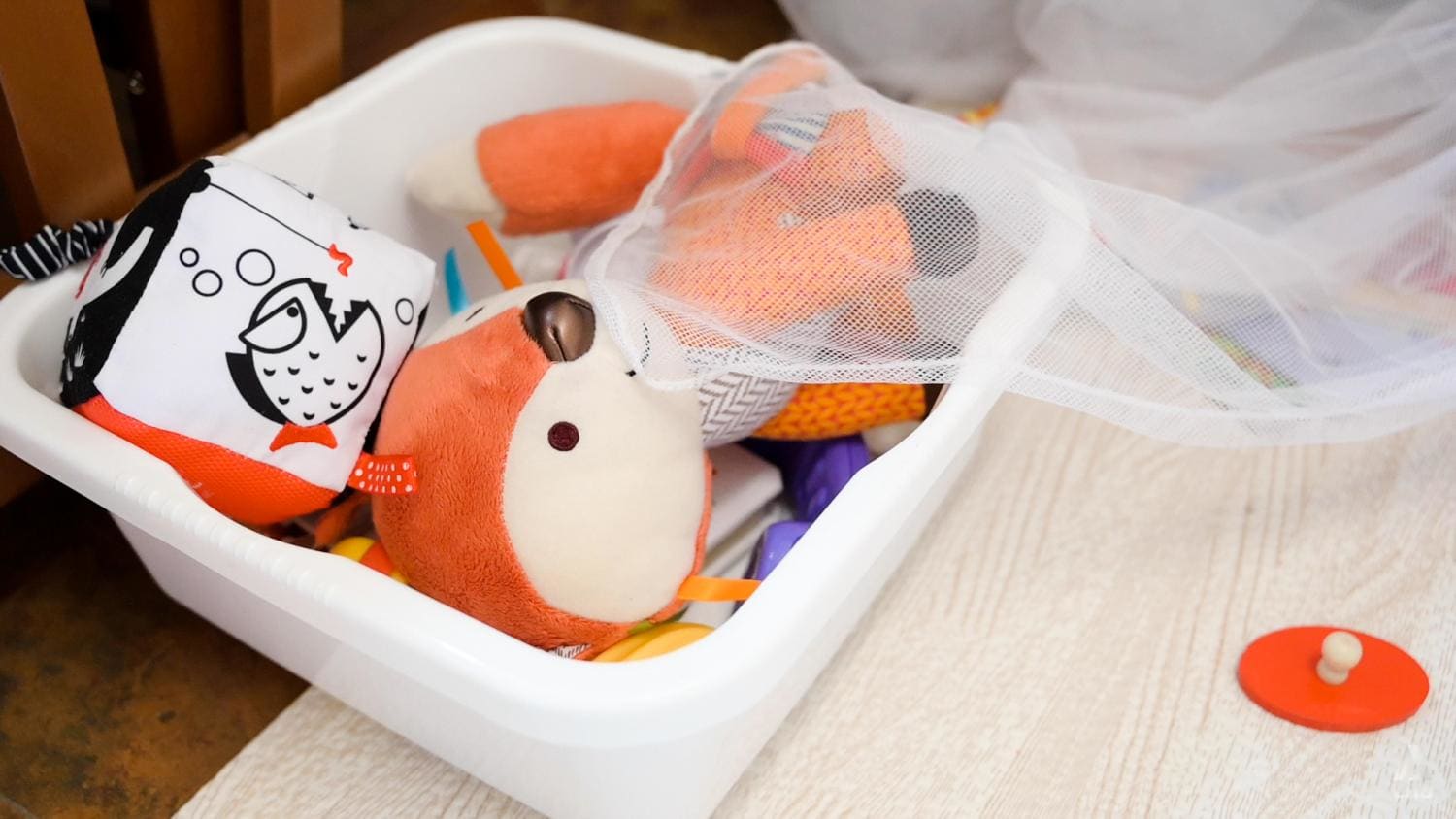
For Arpawee Setabhrahmana, whose baby girl is just four months old, this sounds all too familiar.
She experienced depression in the third trimester of pregnancy. People around her had warned that life was about to change completely, so the first-time mother feared it might be the end of her career and active lifestyle.
As the birth of her baby approached, the future seemed daunting.
“I was so depressed and felt I wasn’t ready to stay at home forever. I felt unprepared and that’s how it happened. I cried every day for no reason,” said Arpawee, a musical theatre teacher at a university in Bangkok.
Her world brightened up as soon as the baby came. Arpawee was overwhelmed with love for her daughter but constantly had guilty feelings for bringing such an innocent life into this world.
Troubled by a lack of breast milk at the start, the new mother cast doubt on her ability to raise her child.
“I was worried if I was good enough for her as a mother,” she said.
“For me, the most difficult thing is breastfeeding. It stresses out every mother because everyone keeps saying breastmilk is the best for babies. But not every woman has it for their child.”
Her stress level went up when her elderly mother tested positive for COVID-19.
Besides fretting over her mother’s health, Arpawee was also anxious for her baby girl, who was just one month old at that time.
The family lives together in the same house and the new mother was worried about the possible transmission of the virus.
“Everything just felt risky. It was overwhelming and stressful. With COVID-19 in the picture, it made everything worse. I wouldn’t dare eat out or go out,” she said.
Before the birth of her daughter, many people warned Arpawee about depression and stress. But as she tried to adapt to the new role as a mother, she forgot their warnings and found herself slipping into depression.
“I went to hug my husband, feeling terribly guilty that I didn’t have milk for our child and she cried,” the mother said.
She felt gloomy, guilty and exhausted. Her baby would wake up every hour or two and breastfeeding took place 10 times a day.
Luckily, she said, she had great support from her husband and people around her, which has helped her get through periods of depression.
“Whenever I talked to my husband, I stopped feeling depressed. He’s the best person to talk to. Talking to him directly about everything really helped me overcome it,” Arpawee told CNA.
Today, the new mother feels more settled in her new role. She did not seek help from health professionals because she felt that the support she received was sufficient.
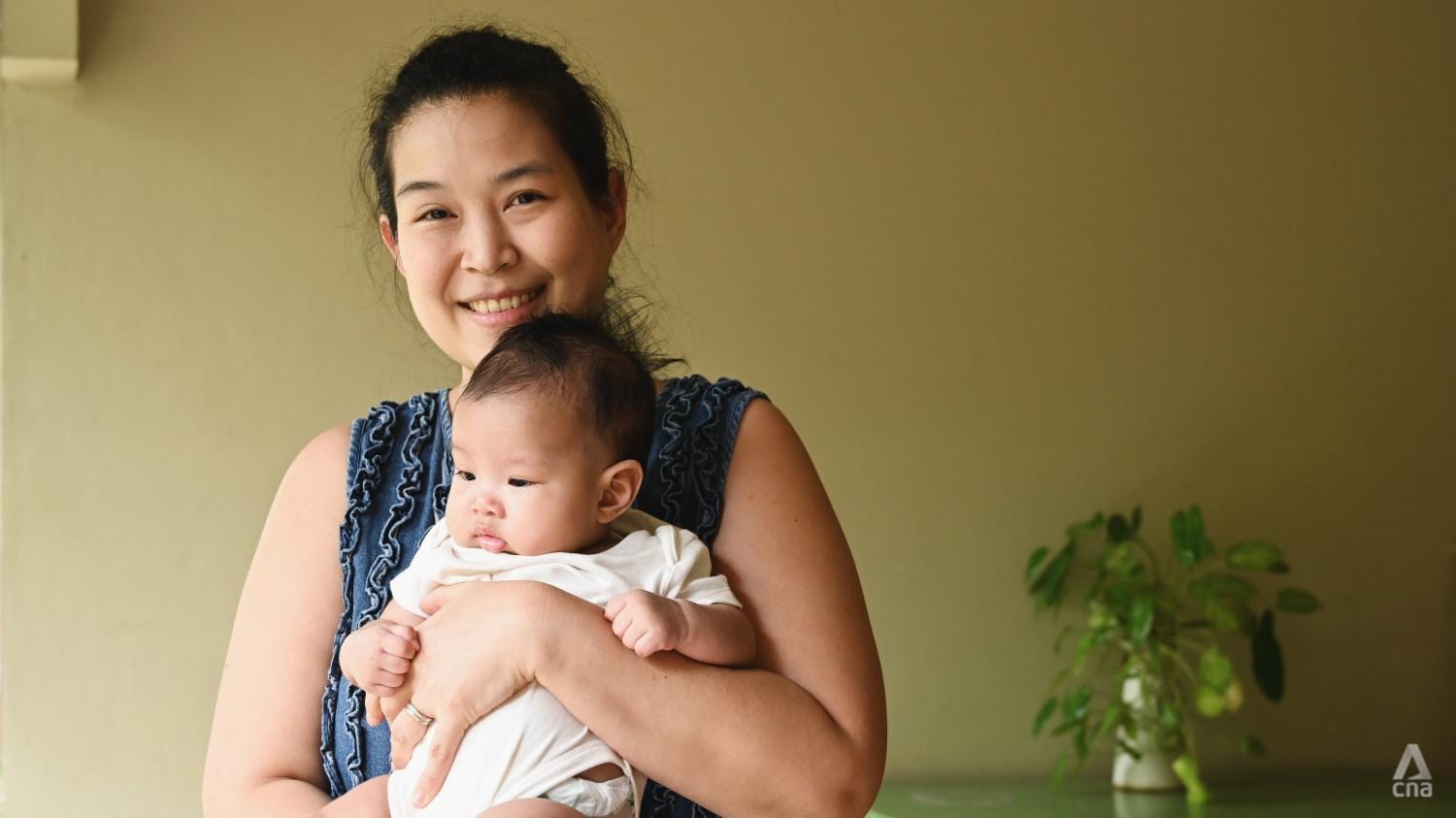
DIAGNOSIS, TREATMENT NOT SO STRAIGHTFORWARD
Maternal depression can be treated successfully if prompt and appropriate care is provided.
A common tool used in screening the condition is the Edinburgh Postnatal Depression Scale, where mothers answer a questionnaire to identify their risk.
By doing so, their moods are assessed based on ten screening questions which require them to evaluate, for instance, how often they have been anxious or worried for no good reason, or how often they have been so unhappy that they have had difficulty sleeping.
Still, the test alone could result in misevaluation if the patients misjudge their own feelings.
“Mental health tests are performed based on the patient’s self-assessment of how severe their condition is,” explained Yadawee from Samitivej Hospital.
To avoid misdiagnosis, she said the test should be carried out alongside a careful assessment by mental health practitioners.
“For example, if we notice that the patient seems troubled and worried but gives low scores to (the severity of her) mental health issues, we would question why that’s the case.”
On Jul 17 last year, Pranaiya saw the first psychiatrist and took the test. She was told that what she was going through was not PPD.
“When she was actually told that, she felt ‘oh, this is even worse because this is something psychological, not biological’,” recounted Magoffin.
As her condition deteriorated, Pranaiya saw a second doctor on Aug 1 and was diagnosed with PPD. The same diagnosis was later confirmed by a third psychiatrist.
Due to her severe condition, the family considered inpatient treatments in a psychiatric hospital. However, visiting restrictions caused by the pandemic meant she would have been largely on her own and separated from her child.
In the end, they opted for other treatments which included art therapy, medication and deep transcranial magnetic stimulation. The latter is a non-surgical treatment for depression when patients do not respond well to medication.
But help proved inadequate. On Sep 1, one month after she was diagnosed with PPD, Pranaiya ended her life and Arthur’s.
“On the therapeutic side, what she went through really came up short and that's the case for trying to treat any mental health illness,” said Magoffin.
“There are drugs out there. We don't really know what physiologically is going on and the doctors say ‘Okay, well, try this medication’. It doesn't work. Change it. Increase the dosage,” he added.
“Going through that, for Pranaiya, just made things worse and reinforced the belief that she couldn't be fixed.”
PANDEMIC EXACERBATED CHALLENGES
Public awareness about PPD and how to seek help is generally lacking in Thailand.
Combined with limited mental health professionals – notably specialists in maternal mental health issues – depression after childbirth poses a serious challenge for affected mothers and their families, especially when the COVID-19 pandemic has restricted social activities.
“Postpartum depression is often neglected in society. People tend to think that after childbirth, stress from taking care of the child is normal, and that it’s nothing unusual or even real,” said Varoth Chotpitayasunondh, psychiatrist and spokesperson of the Mental Health Department, Public Health Ministry.
“In fact, postpartum depression does exist and the pandemic has intensified this problem,” he added.
Curbs such as hospital visiting restrictions and the contagious nature of the coronavirus have isolated people and reduced face-to-face interactions in their daily life.
For mothers with newborn children, fear of infection has kept many of them at home for long periods of time, while help from outside is not always possible.
“Such change to their environment has resulted in a high level of stress among mothers who have to take care of babies,” Varoth added.
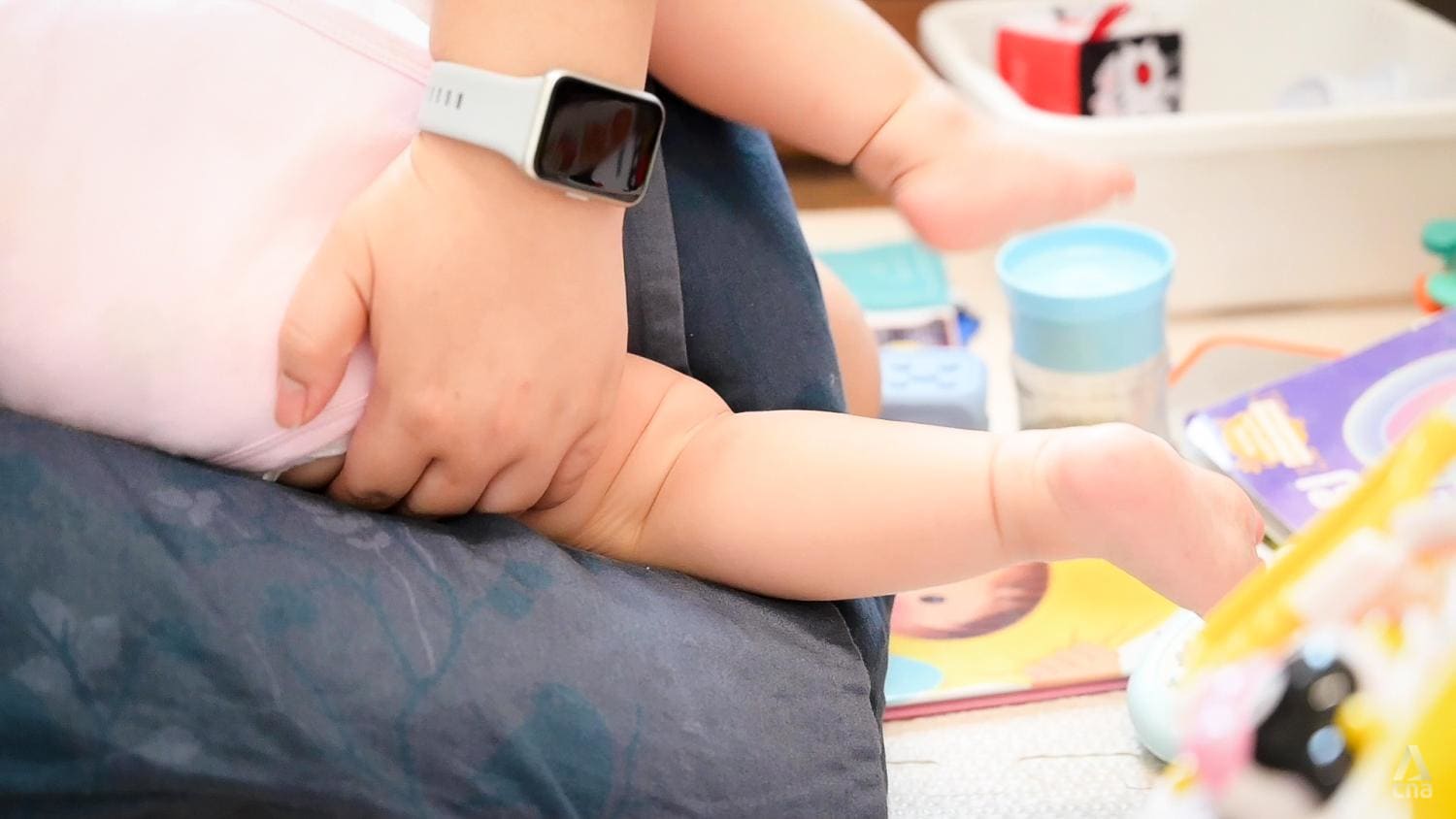
For mothers who are suffering from depression, the idea of seeking help from mental health experts may not come naturally. Even if they try, limited practitioners in this field means they may not get the right help at the right time.
According to Varoth, there are about 1,000 mental health and psychiatric personnel in Thailand – a country of 70 million people.
The study in 2021 by researchers at the Rajanukul Institute also reported a lack of a systematic healthcare structure for the screening, referral, treatment and rehabilitation of mothers who suffer depression after childbirth.
Collaboration between obstetricians and psychiatrists may exist in some hospitals but the practice has yet to be standardised nationwide.
“Many hospitals are still facing the challenge of taking it further because they may be swamped with work. In several provinces, there is only one psychiatrist in the whole area,” Varoth told CNA.
The Mental Health Department is aware of the many challenges faced by people with depression and has put in effort to address the issues. Various media campaigns have been launched to educate the public about mood disorders, and telephone lines for free counselling have been increased.
The department also collaborates with different organisations, companies and social groups to promote mental well-being among Thais. One of such programmes is a mobile application called DMIND.
DMIND is a tool designed to help psychiatrists screen cases of depression. It uses artificial intelligence (AI) to evaluate users’ mood and translate it into scores.
Users who suffer acute depression will be contacted by psychologists within 24 hours. The waiting time is seven days for those who experience milder depression.
“If we can detect urgent cases through the screening and give them a quick access to help without a long queue, it would help reduce losses and suicides,” said Varoth.
DMIND is a joint effort by the Mental Health Department and the faculties of medicine and engineering at Chulalongkorn University. The system is also available on Mor Prom – a mobile application initially used by the Public Health Ministry to track COVID-19 cases in Thailand.
Mor Prom has grown into a major digital health platform, with various health-related features and about 32 million users.
“We know that depression is affecting more people. While mental health personnel are insufficient, we have to start utilising technologies such as AI and electronic systems,” Varoth added.
RAISING AWARENESS
After the tragedy, Magoffin set out to raise awareness about postpartum depression in Thailand.
He established the Pranaiya & Arthur Magoffin Foundation (PAM) to address maternal mental health issues by promoting better awareness and education, care and research.
PAM is looking to partner with PPD experts in the UK and the US, with the hope of bringing their expertise and best practices to Thailand.
“The idea is to get some good out of such a terrible tragedy, the experience that we had in Thailand, and the lack of resources and awareness. There is a lot to be achieved,” Magoffin said.

PAM currently collaborates with local private companies with expertise in mental health and the well-being of mothers and babies.
One of them is Ooca – a telemedicine application that focuses on mental health. It has a network of psychiatrists and psychologists in Thailand, who can provide counselling via video calls.
PAM and Ooca are in the process of arranging training in maternal mental health for medical personnel in Thailand. The course is designed by experts in the field from the National Health Service (NHS) in England.
“What Ooca can do is produce mental health personnel with the knowledge and understanding of postpartum depression and care. Right now, Thailand doesn’t really have postpartum depression specialists but rather just the academic research,” said Kanpassorn Suriyasangpetch, CEO of Ooca.
In March, Magoffin took on a difficult challenge to raise funds for his foundation and promote the awareness of postpartum depression.
For 17 days, he jogged, walked and cycled the length of the United Kingdom, which stretches 1,400km from John O’Groats in the far north of Scotland to Land’s End, England’s most south-westerly point.
“After losing Pranaiya and Arthur last year, for me, just getting out and putting one foot in front of the other was helpful,” he said.
On his blog, he wrote about what happened after he reached his destination in Land’s End on Apr 3: “I just sat down on a rock, looked out across the sunny sea and let the tears flow — thinking about Pranaiya & Arthur and our short time together as a family, along with what we’d just done as a team, and why we were doing it.”
Watch CNA Leadership Summit live on 10 October 2022 from 1.30pm SGT via cna.asia/leadership-summit.








